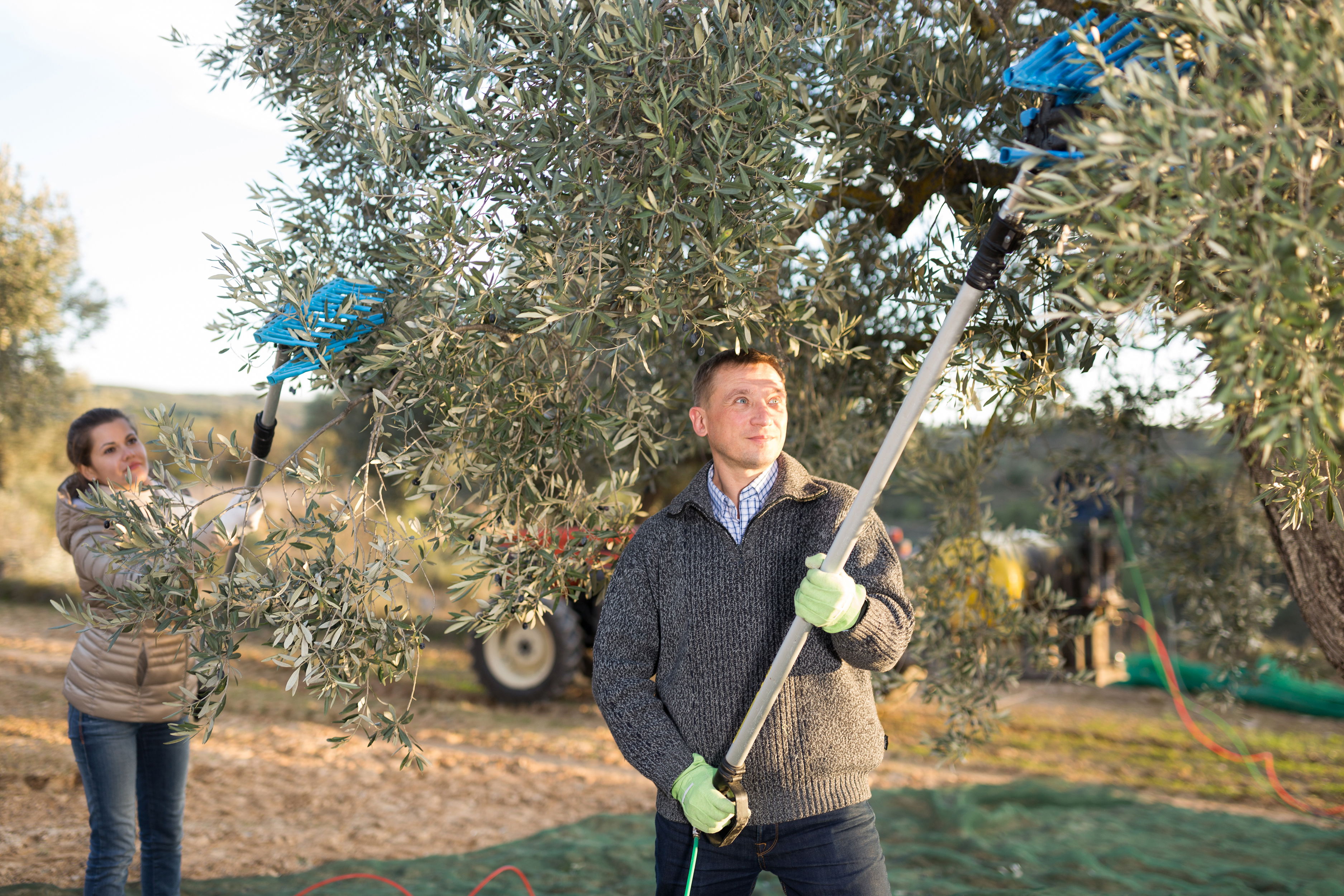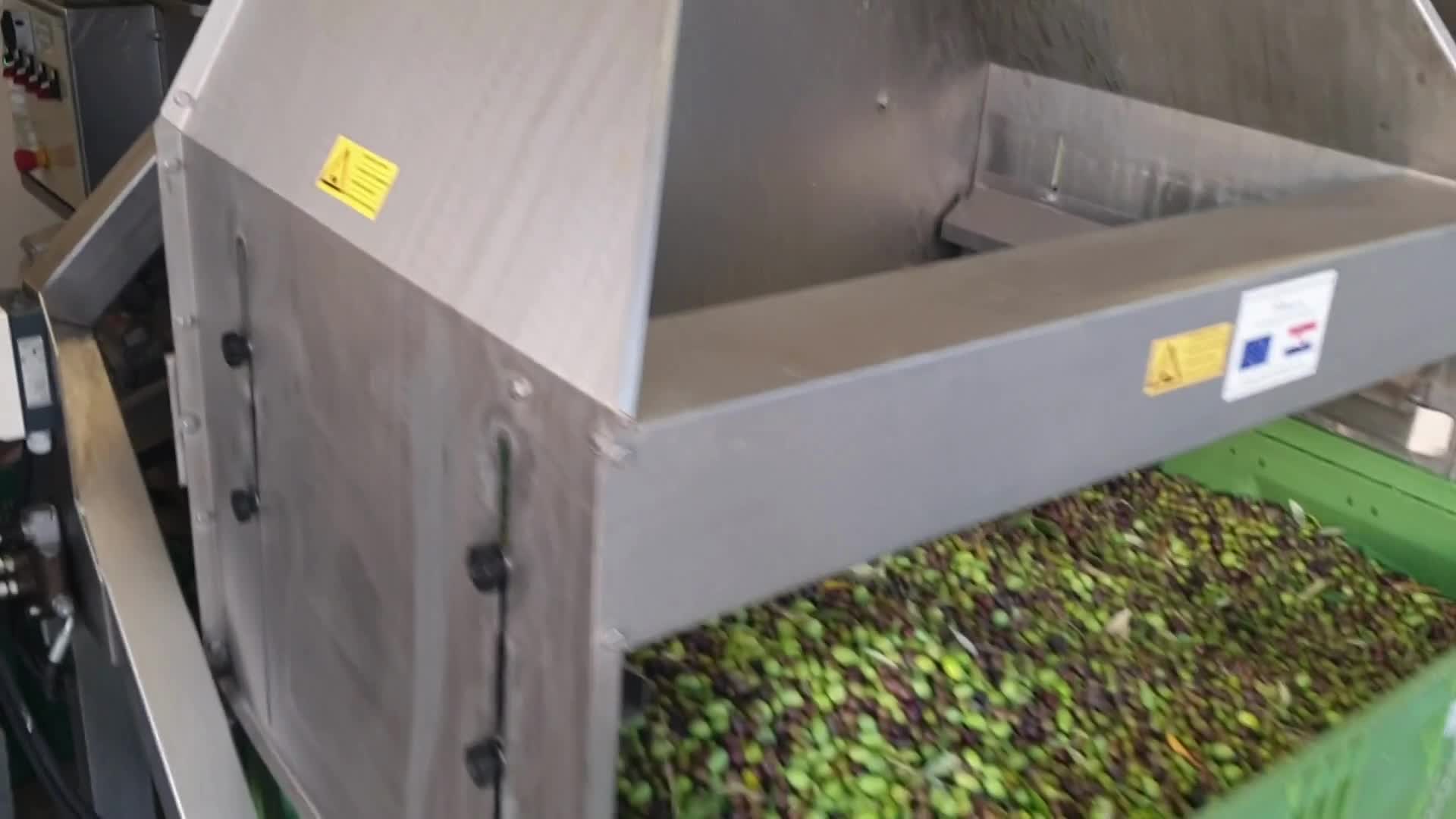This is how our oil has so many Polyphenols
15Jan
Achieving 1300mg/kg polyphenols in olive oil is a testament to meticulous attention to every step of the production process, from grove management to bottling. Here's how our approach ensures supremely high polyphenol content:
1. Rapid Processing (Mill Proximity)
- Timing is critical: Processing olives within 2 hours of harvest is pivotal. This minimizes oxidation and degradation of polyphenol-rich compounds, which begin to deteriorate the moment olives are picked.
- Having a mill on-site allows us to bypass delays typical in traditional olive oil production, ensuring the freshest olives are turned into oil almost immediately.
2. Harvesting Practices
- Early harvest: Harvesting olives at the right stage of maturity, often slightly under-ripe, maximizes polyphenol concentration. While this reduces oil yield, it significantly boosts quality.
- Gentle handling: Minimizing bruising during picking preserves the polyphenol-rich structure of the fruit.

3. Olive Varieties
- Specific high-polyphenol olive cultivars are selected for their natural capacity to produce robust, healthful oils.
- Varieties adapted to the local climate, including our indigenous Croatian Oblica and Casaliva olives, thrive under these conditions.
4. Environmental Factors
- Our Mediterranean climate: The balance of sun, wind, and rainfall in our groves creates optimal stress conditions for olives to develop more polyphenols as a natural defence.
- Soil quality and organic farming: Rich, well-maintained soils and organic practices enhance the health of the trees and, by extension, the polyphenol levels in their fruit.
5. Milling Techniques
- Cold extraction: Our Mori Tem mill ensures the oil is extracted at temperatures below 27°C, which preserves delicate polyphenol compounds.
- Continuous two-phase system: This type of processing reduces water contact, preventing the leaching of polyphenols into the wastewater.
- Mesh net pre-cleaning: Removes debris and excessive leaves, which could otherwise contribute unwanted flavours or oxidise the oil.
6. Storage and Packaging
- Argon gas under temperature control: After milling, storing the oil in large stainless steel tanks under argon gas prevents oxidation and preserves polyphenols.
- Dark glass bottles: Using UV-protective bottles further prevents degradation when the oil is exposed to light.
7. Dedicated Quality Control
- Continuous monitoring of every stage of production ensures no compromise on quality. Regular testing of polyphenol levels and other metrics helps refine our process.
- Small batch production: Focusing on small-scale, high-quality production minimizes the risk of errors and ensures consistent excellence.
These combined factors, especially the lightning-fast processing at our mill, create an oil with exceptional health benefits, unique flavour intensity, and long shelf life, establishing it as a standout high-polyphenol product.
Comments
